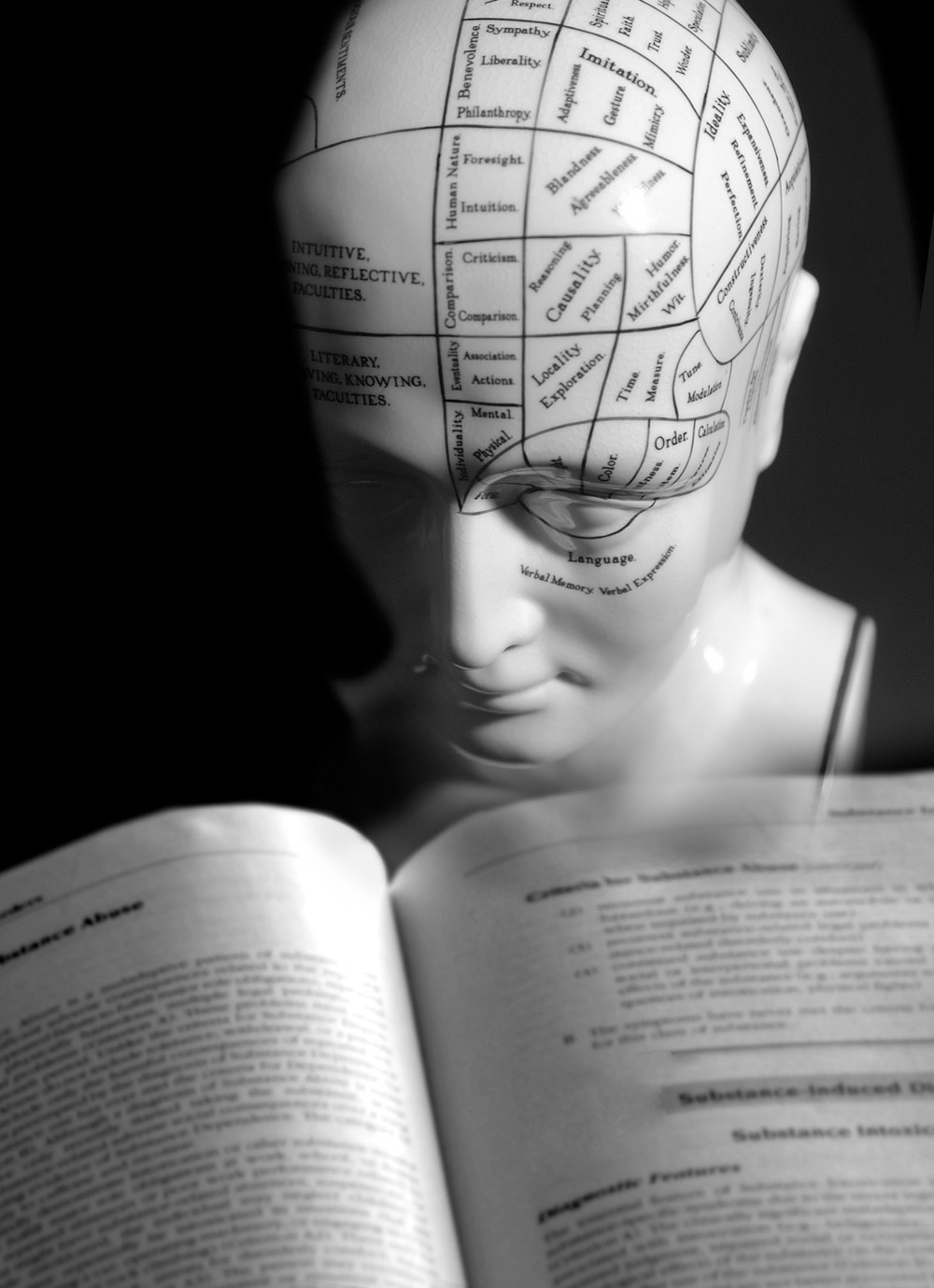 The mad claim that 165 million Europeans suffer from ‘mental illness’ confirms that normal emotional states are now seen as diseases.
The mad claim that 165 million Europeans suffer from ‘mental illness’ confirms that normal emotional states are now seen as diseases.
Spiked – September 8, 2011
by Tim Black
‘Mental health disorders are Europe’s largest healthcare challenge in the twenty-first century’, announced Hans-Ulrich Wittchen this week.
A professor of psychology and psychotherapy at the University of Dresden, Wittchen wasn’t saying anything we haven’t heard before. The World Health Organisation has also gleefully predicted that by 2020, ‘depression will be the second leading contributor to the burden of disease’. Still, the magnitude of Wittchen’s Europe-wide diagnosis is more than a little shocking: 38 per cent of Europeans, he said, are suffering from a mental disorder. That’s about 165million people.
Wittchen arrived at these shocking results, published in Neuropsychopharmacology, after a three-year-long review of data from previous studies involving over 500 million people in 30 European countries. Therein he discovered that nearly 40 per cent of those 500million were suffering from one of nearly a hundred mental or neurological problems, the most common of which were anxiety disorders, insomnia, depression, alcohol and drug dependence, and dementia.
‘Although the figure [of 165million] seems shockingly high, this is the most rigorous study done in Europe’, saidGraham Thornicroft, a professor of community psychiatry at the Institute of Psychiatry at King’s College London.
There is a great deal of scepticism towards Wittchen’s results and what they mean. And no wonder. Even in these overly medicalised times, where feeling well is increasingly confused with awaiting diagnosis, the idea that well over a third of Europe is suffering from a mental disorder just doesn’t tally with our actual lived experience. After all, does it not seem absurd to think that one in every three Europeans is mentally ill?
In fact, what Wittchen’s findings really indicate is the expansion of the diagnostic categories of mental illness, not the expansion of mental illness itself. Writing in the Guardian on Wednesday, Lisa Appignanesi rightly drew attention to the ever-expanding girth of the so-called bible of the psychiatric profession, the Diagnostic and Statistical Manual of Mental Disorders (DSM).
When it was first published in 1952 it contained a then unprecedented 60 diagnostic categories for mental illness. And subsequent editions have expanded its diagnostic reach even into everyday, mundane behaviour. By 1994, the fourth (and current edition) recognised a total of 384 mental ailments (plus 28 ‘floating diagnoses’). And if the preliminary revisions are any indication, the fifth edition, due in 2013, looks set to supply psychiatric practitioners with yet more labels for disorders and illnesses we didn’t even know we had.

As many have observed before, absurdity abounds in the psychiatric worldview. The most banal of everyday behaviours, emotional states that I’d wager almost everyone has encountered at some point in their lives, have been given technical, medical-sounding names. So shyness becomes ‘avoidant personality disorder’; anger becomes ‘intermittent explosive disorder’; and if the experts get their way, not throwing stuff away will become ‘hoarding disorder’. In an incredible bit of insightless prose, we are told by DSM’s recent consultation document that, ‘The symptoms [of hoarding disorder] result in the accumulation of a large number of possessions that fill up and clutter active living areas of the home or workplace to the extent that their intended use is no longer possible’.
While it is easy to make fun of the silliness of the psychiatric industry for giving our most banal behaviours a jargonised sheen, there is a serious point here, too. When everyday subjective states, such as shyness or distractedness, are turned into clinical objects, they become ripe for external, clinical intervention. We cease to be capable of overcoming a bout of anxiety, perhaps brought about by job worries; instead we are encouraged to see ourselves as in need of professional, expert help. And any practical problems at the root of, say, ‘depression’ or ‘anxiety’ – like unemployment or marital problems, for instance – are transformed into mental problems in need of psychiatric solutions. Wittchen’s assertion that the ‘immense treatment gap… for mental disorders has to be closed’ is therefore charged with ominous Brave New World intent. Europe is a continent of therapeutic supplicants in the making.
Read the rest of the article here: http://www.spiked-online.com/index.php/site/article/11060/

